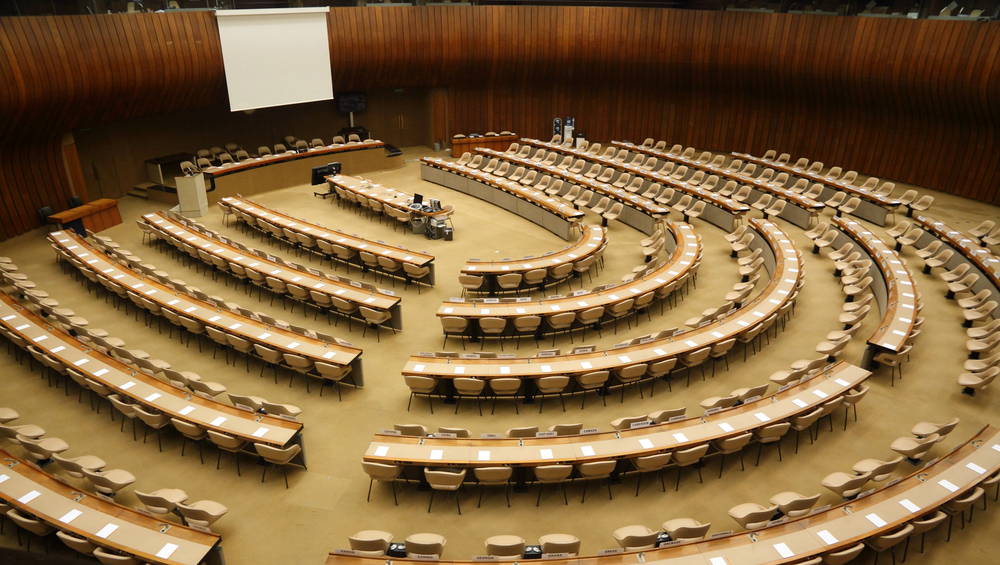In recent years, global mental health initiatives have sparked intense debates over how to balance human rights, cultural traditions, and resource limitations in care systems. A commentary by Jakub Bil, published in The Lancet Psychiatry, takes this conversation further, advocating for a rights-based approach to mental health diplomacy as an essential step toward more equitable global health policy.
Bil argues that mental health must be recognized as a “global public good” integral to sustainable development and resilience in an interconnected world. However, achieving this requires rethinking mental health diplomacy to prioritize cultural inclusivity, local empowerment, and the prevention of stigma. Bil’s approach builds on principles outlined in the United Nations Convention on the Rights of Persons with Disabilities (CRPD) and aligns with the WHO’s QualityRights program, which emphasizes community-centered care in resource-limited regions.
“Economic interests, political instability, resource inequality, and determinant-focused models often undermine rights-based approaches,” Bil writes. “Mental health diplomacy is key to addressing these challenges by uniting governments, international organisations, the private sector, and civil society.”
















Unmitigated nonsense if you ask me. This isn’t the proper field of concern for MIA – this is managerial concerns. Besides, it’s OK fellow mad people of the world – I’m going to save you with a rights based approach to global mental health policy. But if the whole structure of psychiatry is diseased then having a rights based approach in treatment by a psychiatrist is a contradiction in terms, isn’t it, and to think any paper in the Lancet is going to change global mental health policy is itself a delusion well worthy of a diagnosis. So what value has this technocratic nonsense? You are pouring intellectual energy into it and giving it airtime but some Lancet critic advocating that governments of the world recognize mental health treatment is a public good is laughable, because I can reply on their behalf: don’t you think we haven’t considered this ourselves and don’t you think we don’t give a crap what some Lancet critic says. I guess Dr Gallagher must have had a tick box list: “relevance to mental health treatment” being the main box, but it doesn’t seem of any value in tackling the whole problem of psychiatry, psychopharmacology and the legion of confused or human beings that populate the rest of mental health treatment and critique globally which manifestly includes you.
Report comment
“But if the whole structure of psychiatry is diseased then having a rights based approach in treatment by a psychiatrist is a contradiction in terms, isn’t it”?
Do you mean, like, if the psychiatric system is, in reality, a gigantic Ponzi scheme of an iatrogenic illness creation system? As those of us here know is the truth.
Report comment
“… and to think any paper in the Lancet is going to change global mental health policy is itself a delusion well worthy of a diagnosis.”
How very true, No-one.
It never seems to occur to psychiatry’s “thought leaders” that psychiatry itself might be the biggest obstacle to people’s “mental health”. It never seems to occur them that people might be better off without them and their hellhole “psychiatry”. And it certainly never seems to occur to any of them that human beings have the right to be left alone.
Report comment